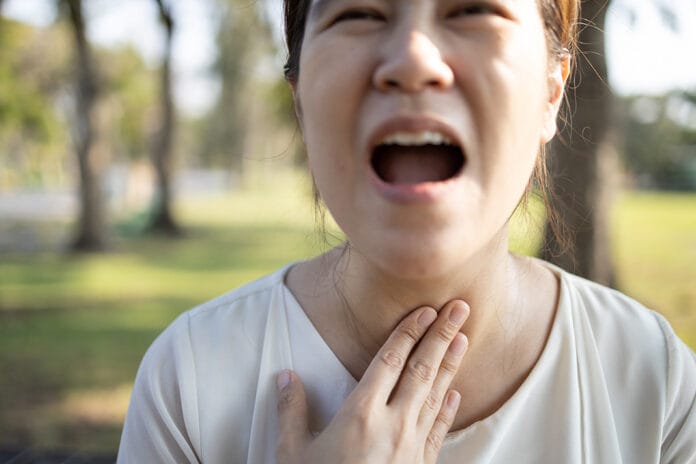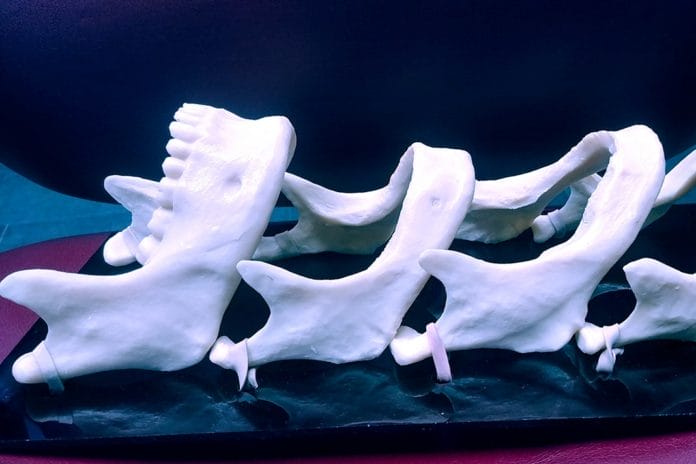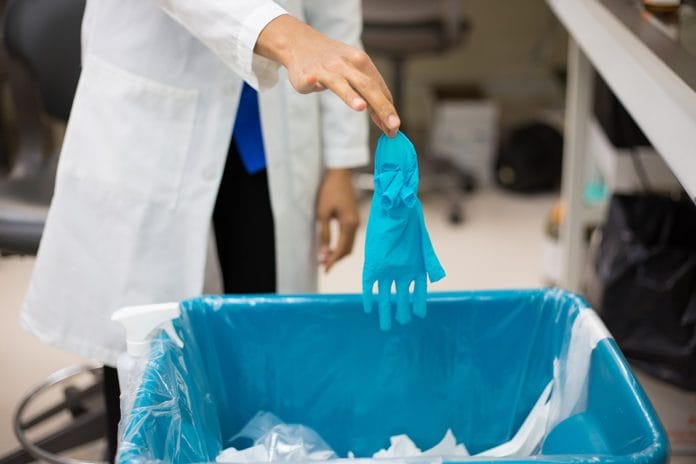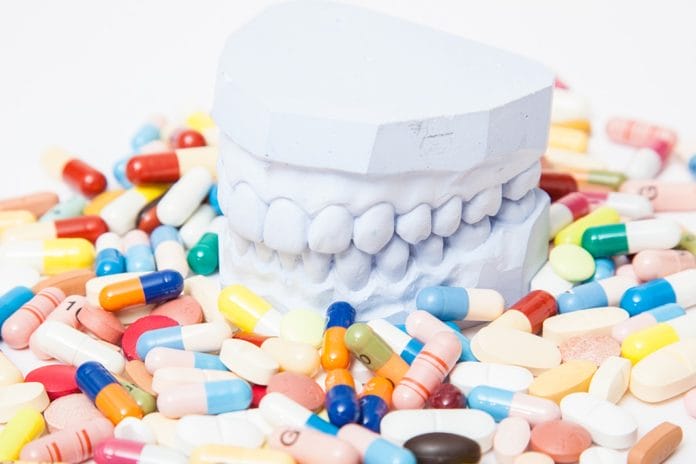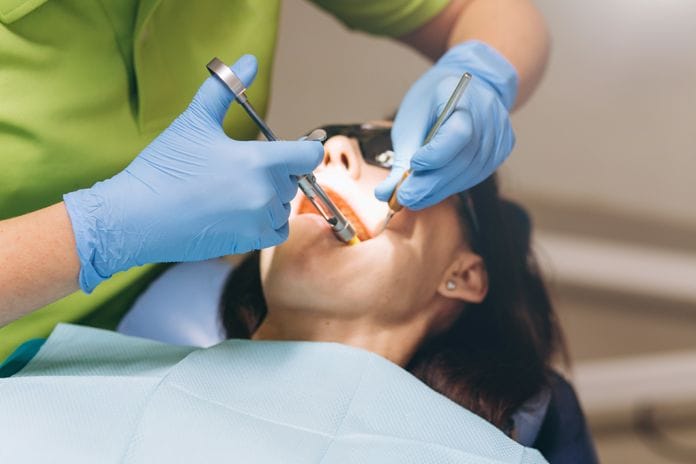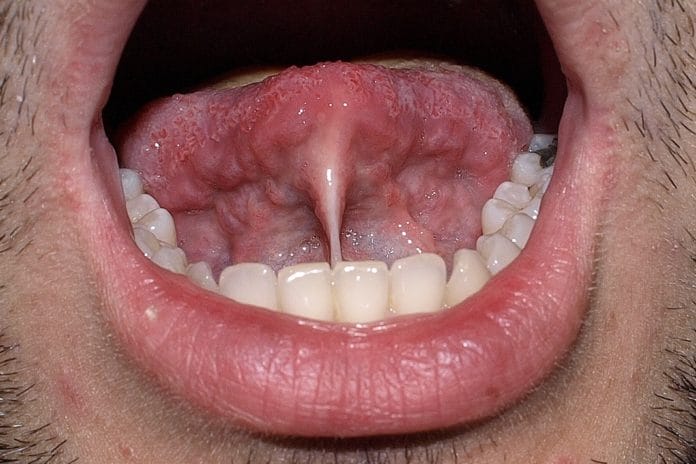Rebecca Marie Friend, BS, RDH
Case Study: Xylitol’s Role in the 4Ds of Smoking Cessation
Xylitol has resurfaced in recent years as a natural sugar (derived from birch bark, corn cob, raspberries, and even strawberries) that inhibits bacterial repopulation...
Case Study: Dental Hygiene Patient’s “Extra” Thyroid Medication Raises Flag
An elderly female patient recently presented with hypothyroidism. Her health history documented that she was taking Synthroid. While verbally reviewing and updating her health...
Tonsil Stones: Unraveling the Mysteries Found in Dental Patients’ Crypts
Crypt. It sounds like something one would visualize in a horror story. For some, tonsil crypts can be a kind of horror story as...
The Link between Nitrous Oxide Uptake and Vitamin B12 Deficiency
Dentistry as a whole can often bring about anxiety and stress for many patients. This anxiety does not just occur when restorative work needs...
Dentures: How Hygienists Can Educate the Insistent Patient about Edentulism
Dentures. Sometimes we stumble across the patient who is insistent about full mouth extractions and upper and lower dentures. Dental professionals realize the importance...
Sensitivity: Exploring the Root Cause of the Dental Patient’s Pain
Tooth sensitivity is one of the primary factors prompting patients to visit the dental office.
Tooth sensitivity is one of the primary factors prompting patients...
Common Sense Infection Control Tips
Recently, I had the honor of listening to Dr. John A. Molinari, Ph.D. speak on “Health, Safety, Protection & Infection Control in the Dental...
Do Your Best: How Dental Hygienists Can Reclaim Their Purpose
The average dental hygienist has an allotted one-hour time slot for her or his patients. This time allotment often does not change whether the...
Are Patients Being Over-medicated and Are You Paying Attention?
We have all been educated to review our patients’ health histories prior to every dental appointment, but are we seeing the red flags some...
Case Study: Patient Finally Heeds RDH’s Alert Over Lesion
Last spring, I treated a patient who I have seen routinely every six months for the past 11 years. Rob is a 75-year-old Caucasian...
Kindling Kindness: How Hygienists Can Make a Good Dental Office Great
Kindness is an act or quality of being friendly, generous, or considerate. Kindness shows concern for others without expecting anything in return. Kindness can...
The Wonders of Xylitol
Xylitol, the sweetener with a twist; this little 5-carbon molecule packs a punch of health benefits. Xylitol is a natural sweetener which has properties...
Differentiating Between Sulfa and Sulfite Allergies in the Dental Setting
Sulfa allergies and sulfite allergies are sometimes confused during conversations with dental patients. The names are very similar, and patients can be uncertain about...
Mental Nerve Block: A Welcomed Alternative in Mandibular Anesthesia
Effective anesthesia does not have to be a source of anxiety for patients or practitioners. Most of us dread the mandibular inferior alveolar nerve...
Spondylolisthesis and Spondylosis: A Warning for Hygienists with Back Pain
Managing chronic pain can be a lifetime task. Unfortunately, how we manage the pain may have dire consequences. Regular exercise, walking, yoga, massage, and...
If the Patient Won’t Change, Perhaps the Practitioner Should
We've all heard the aphorism, "You can lead a horse to water, but you can't make it drink." For dental professionals, the aphorism could...
Ankyloglossia: Please Release Me!
Ankyloglossia, also known as tongue-tie, is a congenital anomaly that may severely restrict the tongue’s range of motion. It is caused by an abnormally...
Situational Awareness: Keeping the Operatories Busy and Everyone Happy
Most dental professionals, whether they are at the front desk, assistants, or dental hygienists, are intuitively aware that: “When the doctor is happy, everybody...
Why Home Care Should Be Flexible about Recommended Oral Hygiene Regimens
How many times have your impeccable scaling skills and topnotch, by-the-book oral hygiene recommendations and demonstrations resulted in an exhausting six-month recare appointment? The...
Tardive Dyskinesia: Dental Hygienists Can Monitor for Effects of Antipsychotic Medications
Tardive dyskinesia (TD) is a serious side effect from the long-term use of certain antipsychotic drugs used to treat mental illness. TD may present...



